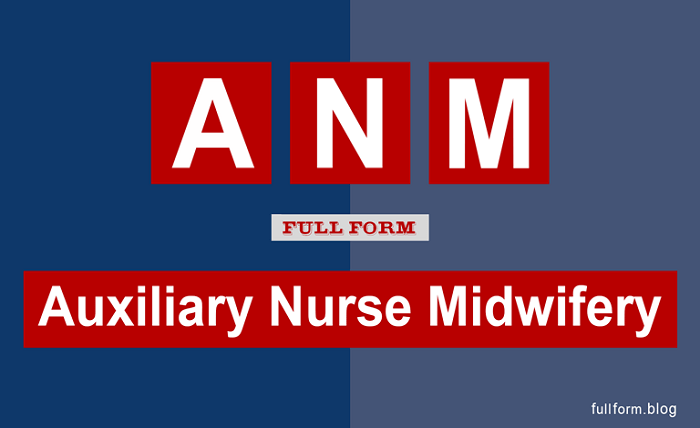ANMs play a pivotal role in the management of healthcare systems. They have a variety of duties, including assessing processes and quality outcomes, supervising staff and ensuring compliance with health policies and procedures. They are also responsible for staff development and mentoring, and are often called upon to oversee health care practices. They are responsible for evaluating the quality of care in hospitals and the efficiency of their services. Among the most important duties of an ANM are the following:
ANMs are responsible for providing primary health care to women and their babies. They work in health sub-centres under a Primary Health Centre (PHC). They are required to attend weekly meetings with the ASHA, and guide them through various activities. They should also be well-versed in the schedule of oral pills and inform beneficiaries about such sessions. ANMs are also responsible for participating in health days organized by AWCs.
Graduates of ANM courses can apply for jobs at private hospitals, government hospitals, nursing homes, and old age homes. Typically, ANMs earn between Rs 1,50,000 to Rs 3,000 a year. Admission requirements vary by university. For the most part, however, a qualified applicant will have a minimum score of 45 per cent in a recognized entrance exam. If you’re not eligible for the PNM exam, you can still pursue an education through the GNM diploma or BSc (Post-Basic) Nursing programs.
If you don’t have a science background and want to pursue a career in nursing, you might want to choose an ANM. These programs are similar in terms of educational requirements and a good option if you’re not a science major. While ANM is the most popular option for class 12 students, you can also pursue a bachelor’s degree in nursing. The latter will give you a broad foundation to start your career in nursing.
If you’ve completed a four-year degree in nursing, you’ll be well-prepared for the demanding field of a nurse. ANM graduates have greater job prospects than those who have earned only a diploma. And as the demand for nurses is always high, and job opportunities are booming, BSc nursing graduates have the best opportunities. They can work for a number of different nursing organisations, from government hospitals to private hospitals.









